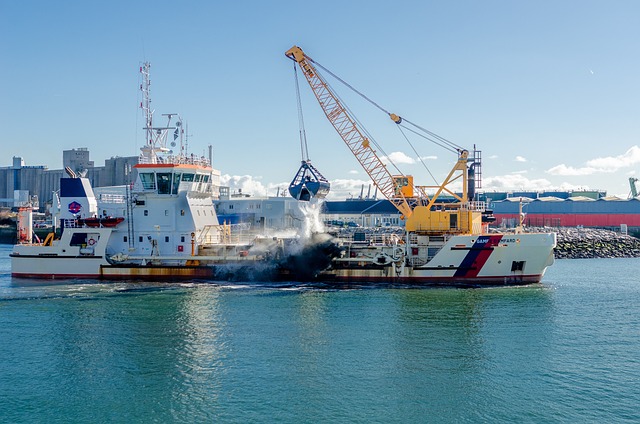-
The Trans-Caspian corridor appears as a viable alternative to the Red Sea and Russian trade routes
-
China, Kazakhstan ratified agreements on the Middle Corridor, and regular daily train services for the China-Europe Railway Express
-
The Middle Corridor links markets across China, East Asia, and Europe, facilitating the movement of cargo volumes
-
The Caspian Sea has fast become a preferred journey for shipments than ones through the Red Sea or Russia
China and Kazakhstan leaders recently inaugurated the Trans-Caspian International Transport Route (TITR), a road corridor which appears as a viable alternative to the Red Sea and Russian trade routes.
Both countries on July 4 ratified two agreements on international transport connectivity, namely, the TITR or the Middle Corridor, and regular daily train services for the China-Europe Railway Express for container trains between China and Europe.
In a joint statement, the two countries vowed to “improve the level of interconnection and continue to deepen cooperation in the fields of infrastructure” by increasing the volume of cargo transportation. The Middle Corridor will decrease travel time by 15 days compared to the sea route.
China and Kazakhstan also pledged to open more border ports and fast-track the thrust for cargo shipments across the Caspian Sea, which is considered the world’s biggest inland body of water.
The Trans-Caspian Road corridor links markets across China, East Asia, and Europe, facilitating the rapid movement of transit volumes as cargo trucks arriving from China can board ferries across the Caspian Sea and on to Europe.
The Caspian Sea has fast become a preferred journey for shipments than ones through the traditional Red Sea or Russia trade routes, amidst geopolitical conflicts in the Eurasian region.
On the other hand, the China-Europe Railway Express announced regular daily container train services between China and Europe.
The trip’s itinerary takes around 12 days, departing from Xian, Shaanxi Province, with containers unloaded and reloaded onto vessels to cross the Caspian Sea before arriving in Baku, Azerbaijan.
The China-Europe Railway Express also aims to attract additional cargo volumes, providing more choices for domestic and foreign shippers.
The two agreements seek to create favorable conditions for cargo transportation and developing logistics centers in China and Kazakhstan.
READ: China’s rail-sea train trips to exceed 9,000 this year









